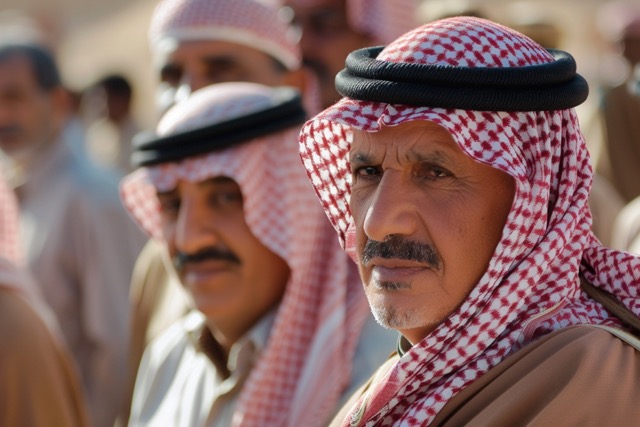Saudi Arabia Reveals Plans to Increase Oil Production Capacity
In a bold move, Saudi Arabia announced its intention to boost oil production capacity from 2025 to 2027, before reverting back to the current level of 12.3 million barrels per day in 2028. This revelation was made by the Kingdom’s energy minister, Prince Abdulaziz bin Salman, at the International Economic Forum in St. Petersburg.
OPEC+ Has the Power to Control Output Increase
During his speech, Prince Abdulaziz bin Salman emphasized that the Organization of the Petroleum Exporting Countries (OPEC) and its allies, known as OPEC+, have the authority to pause or reverse output increases. He mentioned that there will be incremental production increases in 2025, 2026, and 2027, leading to the eventual return to 12.3 million barrels per day production in 2028.
Clear Path to Production Capacity
The energy minister stressed the importance of having a clear path to producing increased volumes over the years. He dismissed claims that OPEC+ is shifting from being a price fixer to a market share fighter, stating that intimidation tactics do not work with the organization.
Resolving Speculations with UAE
Addressing previous speculations about the UAE’s potential departure from OPEC, the Saudi energy minister disclosed that the issue was swiftly resolved during a lunch meeting in Abu Dhabi. He emphasized the importance of maintaining unity within OPEC+.
Focus on Fundamentals and Strong Oil Demand
Haitham Al-Ghais, secretary general of OPEC+, highlighted the significance of focusing on economic fundamentals to drive decision-making within the organization. He expressed optimism about oil demand and emphasized the need for investments in the oil industry to meet rising demands.
Global Energy Sector Balancing Act
Alexander Novak, deputy prime minister of Russia, discussed the sensitivity of the world energy sector to fluctuations but assured that it has the capacity to balance itself. He underscored the importance of ensuring sufficient energy supply for domestic markets while adhering to agreements with OPEC+ partners.

